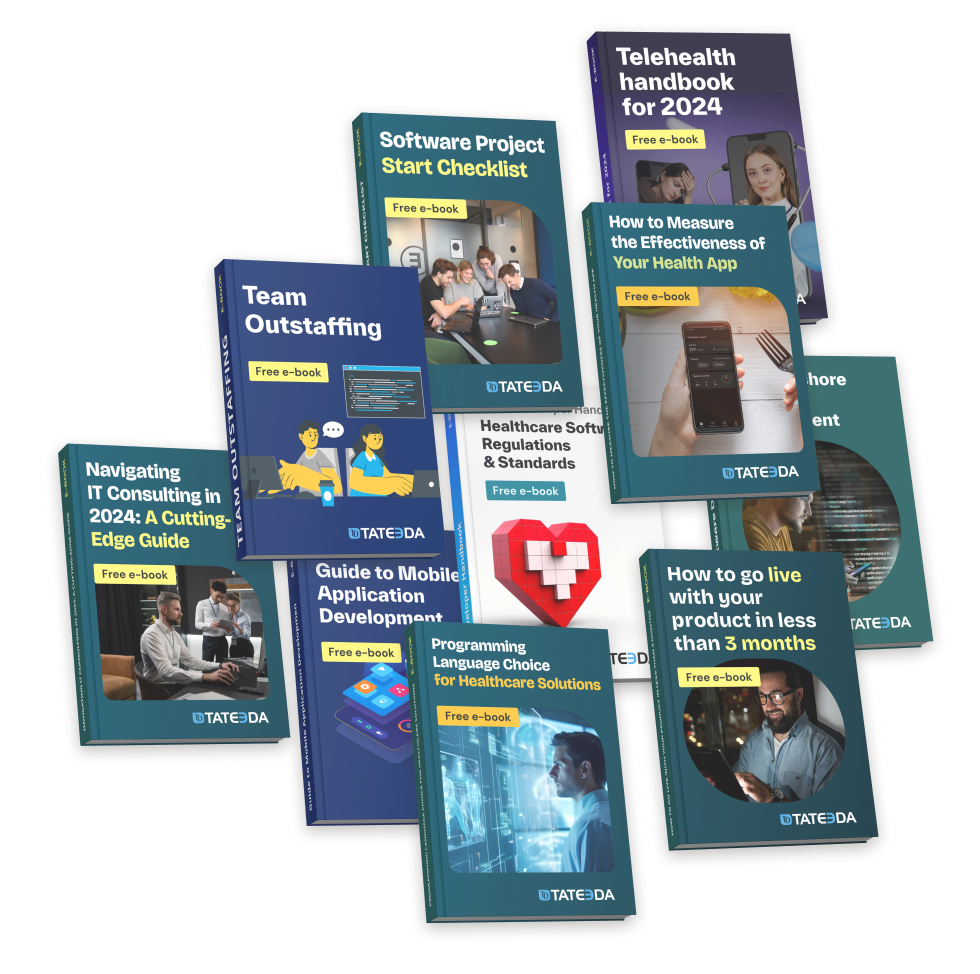How Custom Healthcare Software Is Developed for Secure HIPAA Compliance

At TATEEDA GLOBAL, we know all about the principles of HIPAA compliance in software development. In this article, we’ll discuss how to ensure HIPAA compliance for a wide range of medical solutions, from complex hospital-management or inventory-management systems to medical IoT solutions.
In 1996, Congress passed a bill called the Health Insurance Portability and Accountability Act (HIPAA). The bill’s purpose was to establish national standards to protect the privacy of patient health information. The law is flexible enough to allow access to patient records by authorized healthcare providers while keeping patient data secure from those who might abuse it. HIPAA was amended in 2013 to extend to digital records and data storage, transmission, and retrieval.
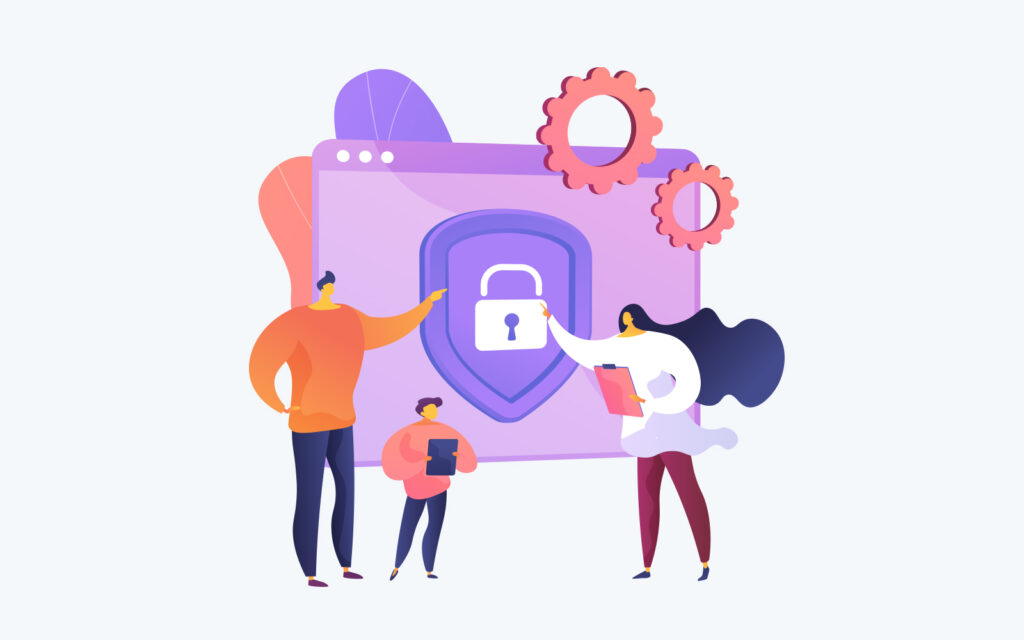
Thanks to massive advances in technology, a lot has changed since 1996. Patient data and records are now stored electronically, making them easy to access from anywhere in the world—but privacy is still a key concern.
Developers of healthcare software must take extra measures to ensure that their products are 100% HIPAA compliant. Read also: How to Find and Hire Healthcare Software Developers for Your Medical Projects.
In this article, you’ll learn everything about HIPAA compliant medical software development from 7 real-life HIPAA-compliant product development case studies (go to our projects).
Table of Contents
HIPAA Compliance Software Requirements
First of all, not all systems and applications used in healthcare need to comply with HIPAA standards.
Which medical solutions don’t need to comply with HIPAA?
To understand this, we need to understand the concept of protected health information (PHI) as defined by HIPAA:
- patient and physician names
- telephone numbers
- geographic data
- social security numbers
- medical record numbers
- health plan beneficiary numbers
- and more…
Basically, the list of PHI elements includes at least 18 items.
Medical software that is used to collect, accumulate, store, transmit, and/or operate PHI should obey HIPAA and rigorously follow its rules and regulations. However, if an application does not process any protected health information, it doesn’t fall under HIPAA requirements.
If you think your healthcare software system or application belongs to a HIPAA-regulated class, check out the following recommendations for certifying or re-engineering an existing solution or developing a HIPAA compliance tracking software from scratch.
HIPAA Compliance Software Checklist
Let’s start with a bird’s-eye view of HIPAA-compliant software.
To make your software HIPAA compliant, you’ll need to safeguard the confidentiality, integrity, and availability of PHI. For that, your product must meet the following points:
- Medical data is reasonably protected from unauthorized parties/users.
- PHI cannot be altered or deleted in an unauthorized manner.
- Health records are easily accessible to authorized users (i.e., by the means of integrated solutions like EHR or patient/medical employee portals).
- All reasonably anticipated security risks have been taken under control, and all necessary protection measures have been deployed (including all data operations: data exchange, storage, copying, etc.)
- All authorized users have essential role-based controls and data management tools within a convenient user interface.
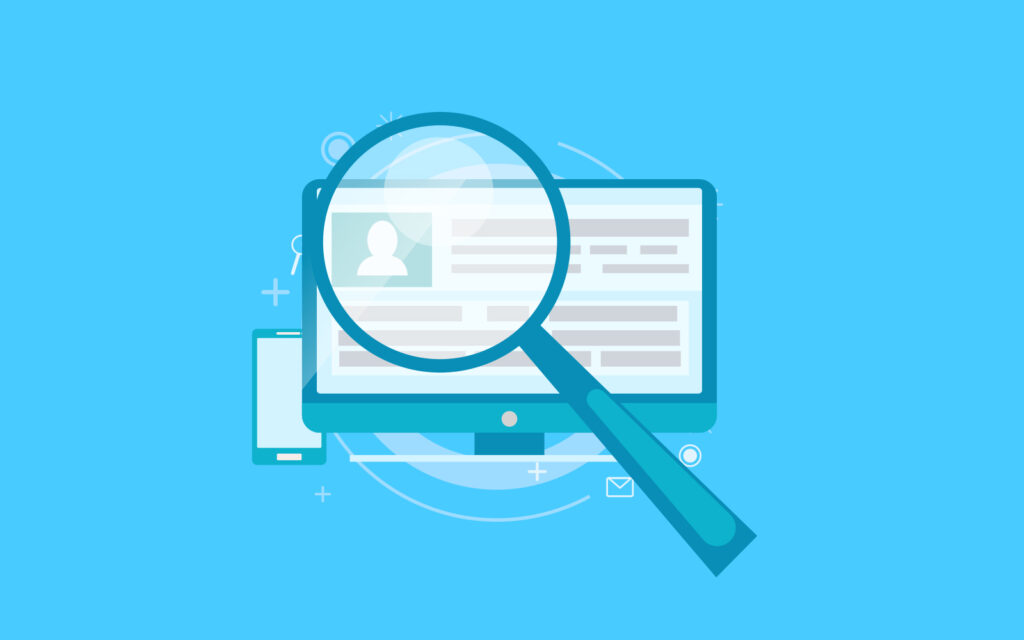
How to Become HIPAA-Compliant
HIPAA-compliant development practices are defined by a series of legislative rules and regulations that identify the tools and prerequisites required for safe operations with electronic PHI and general guidelines for HIPAA-compliant software development.
Let’s check them out…
The HIPAA Privacy Rule (2003)
Who’s affected: This rule is applicable to healthcare providers, healthcare clearinghouses, and all other business entities and institutions providing or supporting medical care and services, including employees, subcontractors, and vendors.
Summary: HIPAA stipulates certain conditions and limits on the disclosure and operation of PHI. It delineates key patient rights in relation to medical records, asserting full patient control over personal health records. This includes the right to request and obtain a copy of protected records, and the right to change, update, or claim them whenever required.
Practical value: Healthcare solutions should be powered by a range of data-management features available to authorized patients. Normally, different types of PHI can be accessed and managed in one place via self-service patient portals.
Our experience: At TATEEDA GLOBAL, we understand perfectly how to meet HIPAA software requirements and develop medical solutions with protected patient portals for providing patients and other authorized stakeholders with appropriate levels of access, security, and features to manage their electronic health records. If you want to discuss HIPAA compliance for software development in your company, please contact our skilled engineering consultant on a free call: ?

Slava Khristich
Healthtech CTO
Based in San Diego, Slava knows how to design an efficient software solution for healthcare, including IoT, Cloud, and embedded systems.
The HIPAA Security Rule
Who’s affected: Any entity or individual that operates PHI, including IT contractors and software vendors providing medical solutions.
Summary: The HIPAA Security Rule identifies the safeguards required to protect patient health records from unauthorized access of any nature. This includes high safety standards for all software systems used within healthcare-related organizations. According to this rule, certain administrative, physical, and technical methods and policies must be deployed within organizations to safeguard the security, confidentiality, and integrity of PHI.
Practical value: Technical safeguards refer to everything required for secure access to electronic health records, including personal authorization (passwords, PINs, biometrics, etc.), secure data storage and transmission, and security-focused digital education for specialists dealing with PHI.
Our experience: At TATEEDA GLOBAL, we employ secure software-development life-cycle principles to achieve HIPAA software compliance. We have all essential procedures and technology in place to assure full compliance with the baseline principles of PHI protection, backed by our educated, highly-trained team.
Because we’re experts in medical software design as well as quality and security assurance, our team members are ready to augment your projects in the fields of software design, development, testing, and project management.
Learn more: The 7 Best Software Development Companies in San Diego, California for 2023.
HITECH Act (2009)
Who’s affected: Healthcare providers and IT partners of all kinds.
Summary: The Health Information Technology for Economic and Clinical Health Act (HITECH) was introduced to stimulate healthcare providers to implement electronic health records (EHR) and advanced privacy measures for healthcare and medical data. It offered financial incentives for implementing EHR software, and imposed significantly heavier penalties for violations of HIPAA Privacy/Security Rules (up to $250,000).
Practical value: Before the HITECH Act was issued in 2009, only 10% of hospitals and other medical facilities had access to EHRs. Today the percentage of EHR-equipped healthcare facilities is close to 100%. This means enhanced centralization, portability, and quality of patient medical data across multiple healthcare resources.
To learn more about the development of EHR/EMR systems, read these articles:
- Custom EHR/EMR Software Development: The Complete Guide
- Cardiology EHR/EMR Software Development: Benefits and Features
Our experience: At TATEEDA GLOBAL, we respect the HITECH Act as a clear directive toward adoption of proper medical data formatting and protection, as required for optimum, secure uptake of medical data in modern EHR or EMR systems.
If you need help with EHR or EMR software integrations or re-engineering, consider us as your reliable tech partner. TATEEDA GLOBAL is a custom healthcare software development company located in San Diego, California. Feel free to contact us today!
HIPAA Rules Conclusion
| Law | Effects |
| The HIPAA Privacy Rule | Guarantees patient rights for management of their protected health records. Demands convenient user interfaces for patients to review, request, manage, or withdraw their electronic PHI. |
| The HIPAA Security Rule | Demands certain tech infrastructure and methods to ensure secure/safe PHI transition, storage, access, and administration, so crucial details can never be accessed by unauthorized users. |
| HITECH Act | Encourages implementation of EHR (electronic health records) in medical offices and facilities. Requires integration or synchronization of medical software output with EHR, including medical data management interoperability. |
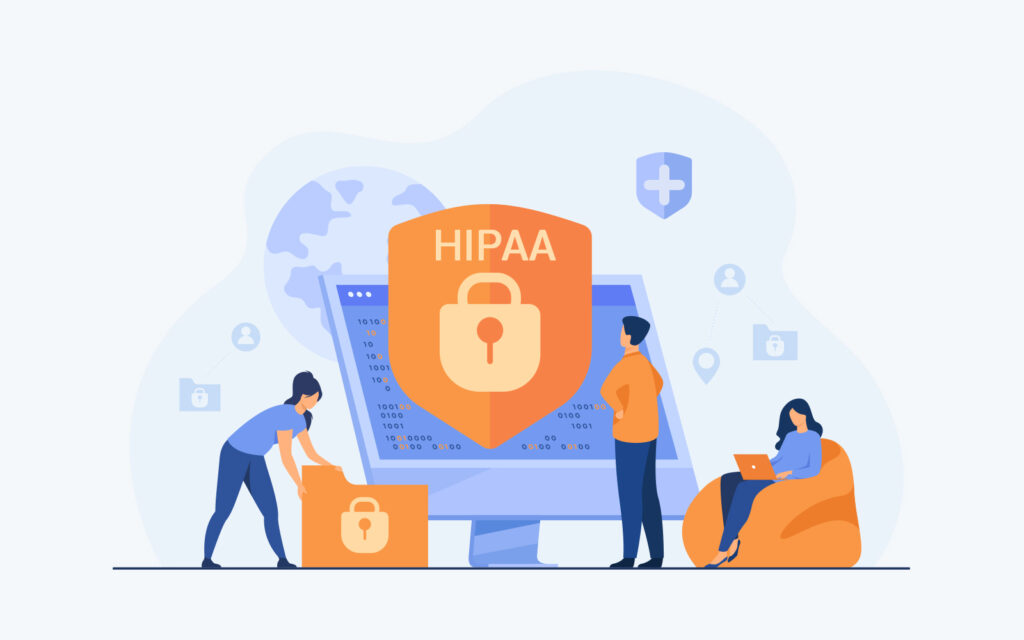
HIPAA-compliant Software Development
The demand for building HIPAA-compliant software is at an all-time high as hospitals, clinics, and small medical practices, which are now required to bring their systems up to date with new technology. Add to that the massive boom in TeleHealth services, and the result is that healthcare software developers are in high demand. But designing healthcare software is far more complex than building generic software products.
Learn more: Guide to the Software Development Process
Healthcare software must be custom-designed to meet HIPAA’s strict compliance requirements. Generic software does not meet HIPAA’s high standards of security and privacy. Healthcare software must be specially designed to transmit, receive, and store electronically protected health information (ePHI) without risk of data breaches or lost records.
In addition, HIPAA guidelines demand that certain criteria must be met to protect patient data:
- Regular audits. HIPAA requires healthcare providers to conduct periodic audits to expose potential data breach risks and privacy violations. HIPAA-compliant software should be able to analyze audits to establish a medical entity’s compliance level while providing information and recommendations for avoiding risk.
- Plans for remediation. A remediation plan lets healthcare providers correct errors and prevent them from recurring. A remediation plan must be included in medical software. In addition, healthcare providers need to devise their own recovery plans, using medical software to implement them.
- Documentation processing. Since healthcare software works with documents, it should follow specific principles for processing of documentation: consistent formatting, simplicity, ease of comprehension, and secure storage.
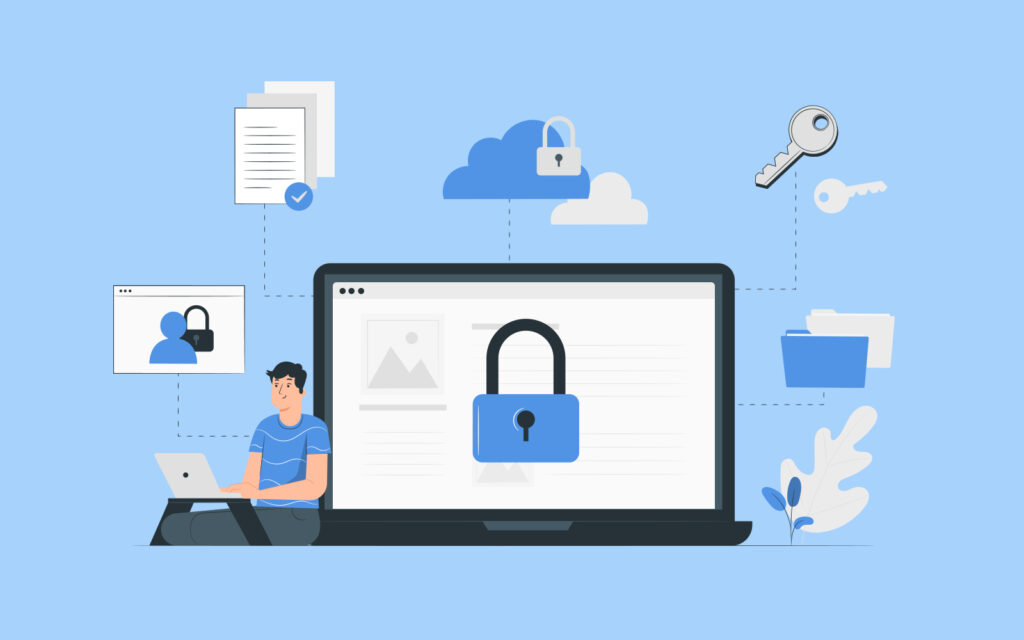
Read Also: Development of HIPAA-compliant Medical Staff Management and Scheduling Software
- Management of business relationships. HIPAA defines business associates (BAs) as any individual or organization who works with or provides services for an authorized entity that handles ePHRs. This includes third parties such as CPAs, consultants, software developers, and others who associate with healthcare providers. These entities are subject to government audits, and can be held liable and penalized for data breaches.
- Security. HIPAA security standards require software systems to have inbuilt safeguards and to be able to detect risks, vulnerabilities and security breaches. They need to identify which data to back up, when encryption should be used, which data should be authenticated. They need to control access from physical workstations and electronic media.
How to Build HIPAA-compliant Software Systems
Healthcare software must satisfy HIPAA’s Omnibus Rule, a set of statutory amendments that modify the original Act to account for new technologies. For healthcare software to be fully HIPAA compliant, it must include the following components:
- Secure data encryption and decryption. All data must be encrypted prior to transmission to prevent data leaks from being deciphered by cybercriminals. Transmission channels are usually encrypted with HTTPS and certificates. There is also data encryption at the storage location to protect it from hacks into the database.
- Safe and secure backup. To prevent data loss due to system failure, software should be designed to recover and restore lost data. Backup data is also encrypted.
- Restricted access. Only authorized persons should be able to access and view patient records. Healthcare software should include functionality for user authorization as well as authorization monitoring via unique user identifiers.
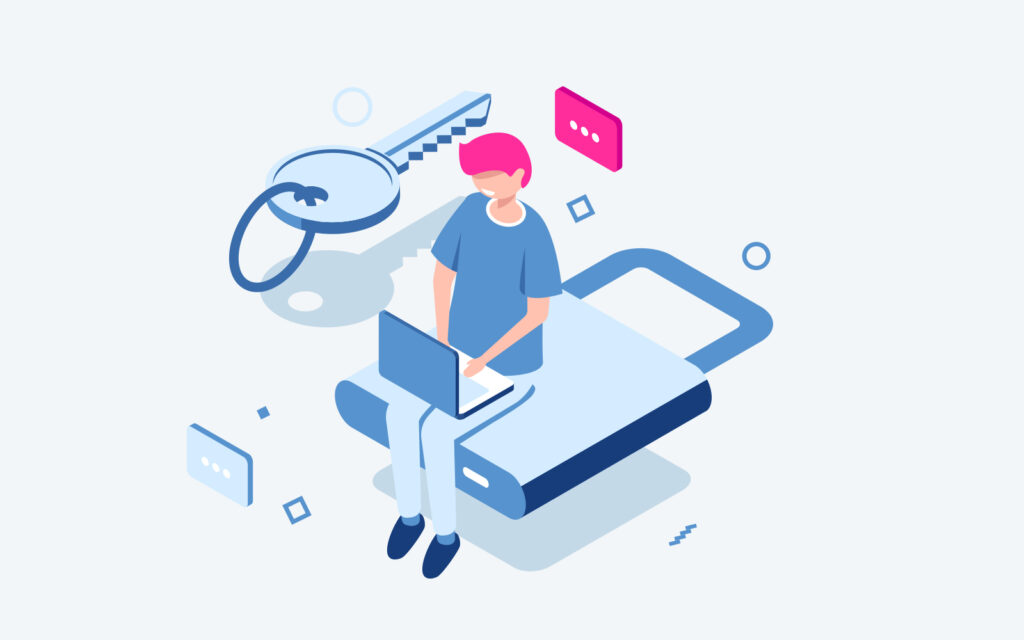
Read Also: How to Develop HIPAA-compliant Hospital Management Software, The Complete Guide.
- Automatic logout. Once an authorized user has retrieved the necessary records, the system should automatically log them out to prevent unauthorized users from gaining access.
- Emergency mode. In case of power outages or other interference, software should include protective emergency features.
- Data storage. Healthcare systems must be able to safely store ePHI.
- Immutability: Healthcare software should be built so that it cannot be altered by unauthorized parties.
- Disposability. Once ePHI is no longer needed, the system should be able to permanently delete it so it can no longer be retrieved.
Clearly, building high-quality healthcare software that meets the high standards set forth by HIPAA is no simple task. It requires experience and expertise that only the best development teams can provide.
How to Maintain HIPAA Compliance: TATEEDA GLOBAL’s Experience
Fines and penalties for HIPAA violations can be severe, and healthcare providers cannot afford to put the data or health of their patients at risk.
At TATEEDA GLOBAL, we are HIPAA custom-software development experts. We have developed plenty of HIPAA-compliant solutions, and are excited to share our expertise with you:
Example #1. Medical staff-management platforms. We helped one of the largest nursing staff providers in the United States build and maintain a web-based job management system accompanied by a set of diverse mobile applications. Our solution features:
- up-to-date technologies and security controls
- protected access portals
- continuously refined code
- encrypted communications compliant with HIPAA standards.
Example #2. Web and mobile patient portals. We develop HIPAA-compliant mobile applications with:
- login/password protection
- user profiling and data encryption
- individualized search features for finding healthcare services within close-radius medical facilities
- managed content offered by medical representatives via web-based panel.
Custom Healthcare Solutions
See how we can engineer healthcare software, validate your ideas, and manage project costs for you.
Example #3. Patient electronic data-capture (EDC) solutions. With our well-maintained HIPAA compliance, we are currently partnering with one of the most sophisticated healthcare data-management platforms worldwide.
We build and maintain:
- electronic forms and questionnaires to collect and organize medical data throughout the patient journey
- protected, error-proof online forms
- multiple types of data input and scripts
Example #4. Remote health-monitoring apps. As IoT software developers, we helped design and build a medical IoT system that includes remote ECG-monitoring biosensors and a mobile app to represent electronic cardiograms to physicians. This HIPAA-compliant medical system features:
- protected access for physicians
- encrypted client-server data exchange via Cloud
- optimized system data formatting and compatibility with EHRs
Example #5. Automated laboratory-testing systems: a HIPAA-compliant lab automation desktop application developed in conjunction with embedded programming and M2M interface management. This solution includes:
- professional-grade application isolated from web/outside access with PIN-code authentication for authorized technicians
- efficient input and output of laboratory test data so it’s readily available for EHR
- a great set of lab machine-management features
Example #6. Pharmaceutical business automation solutions: an example of HIPAA-compliant website development. We designed this web-based system to facilitate the processes of ordering, processing, and shipping prescription drugs across the U.S. The system features:
- encrypted data exchange with external users, including e-prescriptions and prescription scans
- a protected, well-executed hierarchy of user roles
- protected/encrypted data storage and order management
Example #7. Pharmacy insurance claims-processing and medication fulfillment: TATEEDA GLOBAL was involved as a HIPAA-compliant project reinforcement partner to help a pharmacy business with the key business processes optimizations and improvements, including:
- automated bulk PDF import and scanning in the context of data interchange between protected systems (ZenDesk and custom-developed pharmacy inventory-management solution)
- algorithm-based text recognition feature (so-called OCR or Optical Character Recognition) to save efficient time for pharmacy employees
Read also: The Benefits of Healthcare IT Outsourcing for Your Medical Facility
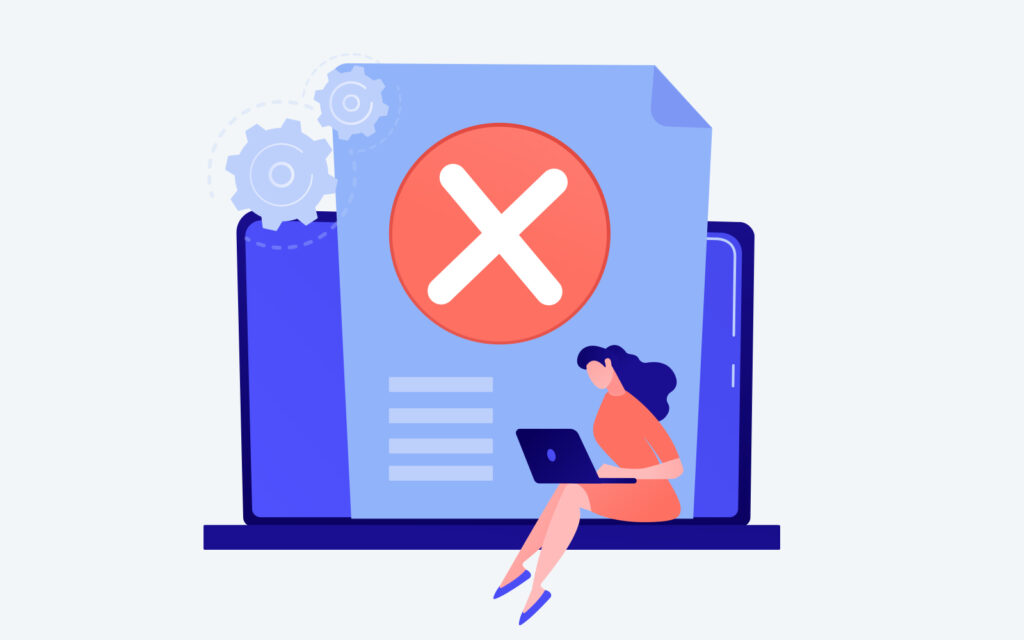
HIPAA-compliant Software by TATEEDA GLOBAL
For high-quality custom software that fully meets HIPAA standards, you need an experienced team of software developers with a successful track record of building first-rate healthcare software.
TATEEDA GLOBAL has an experienced team of HIPAA-compliant software development consultants.
At TATEEDA GLOBAL, our team takes pride in our relationships with healthcare entities who trust us to deliver HIPAA-compliant software that meets all their requirements. Contact TATEEDA GLOBAL today for a consultation, or to get an estimate on your latest healthcare software project.









